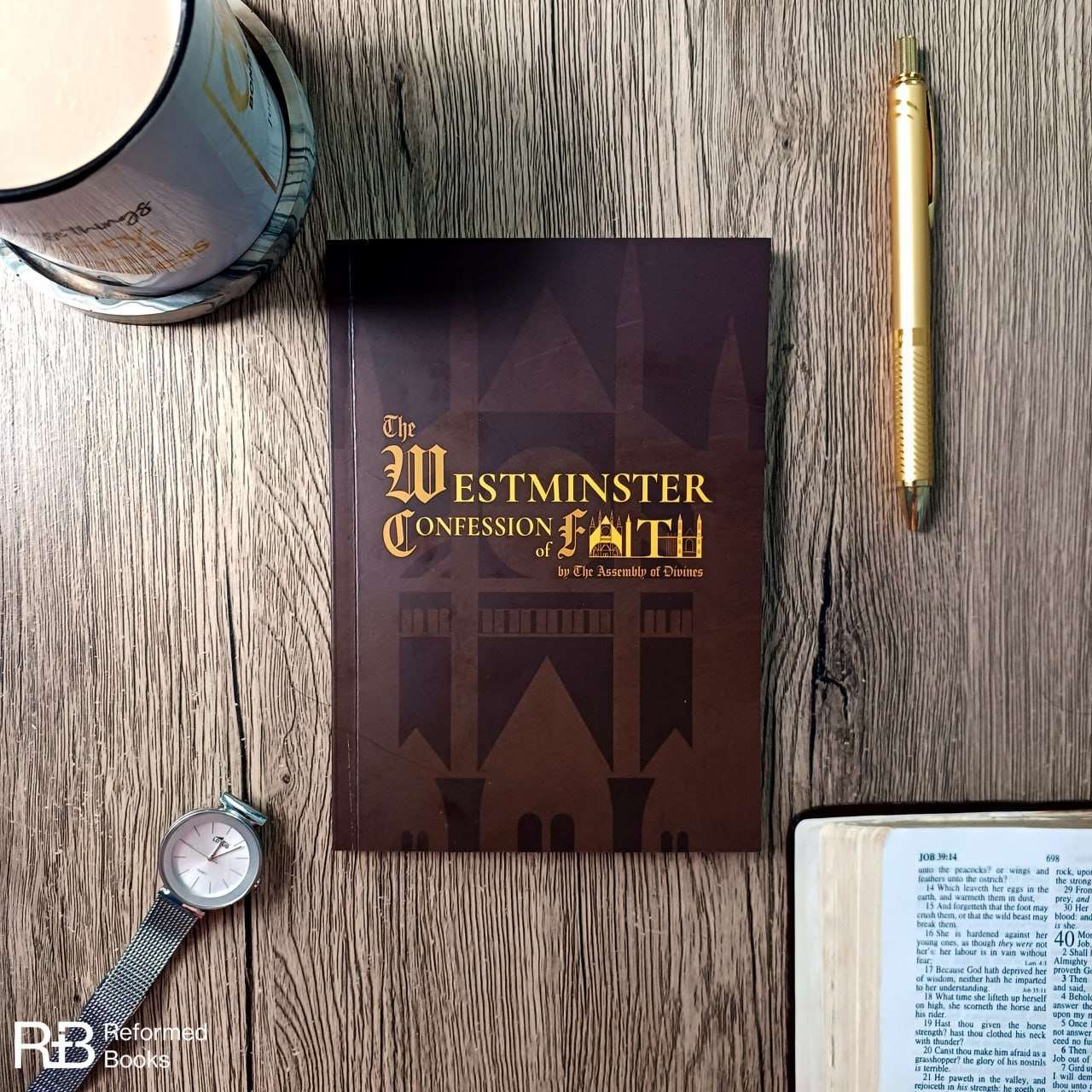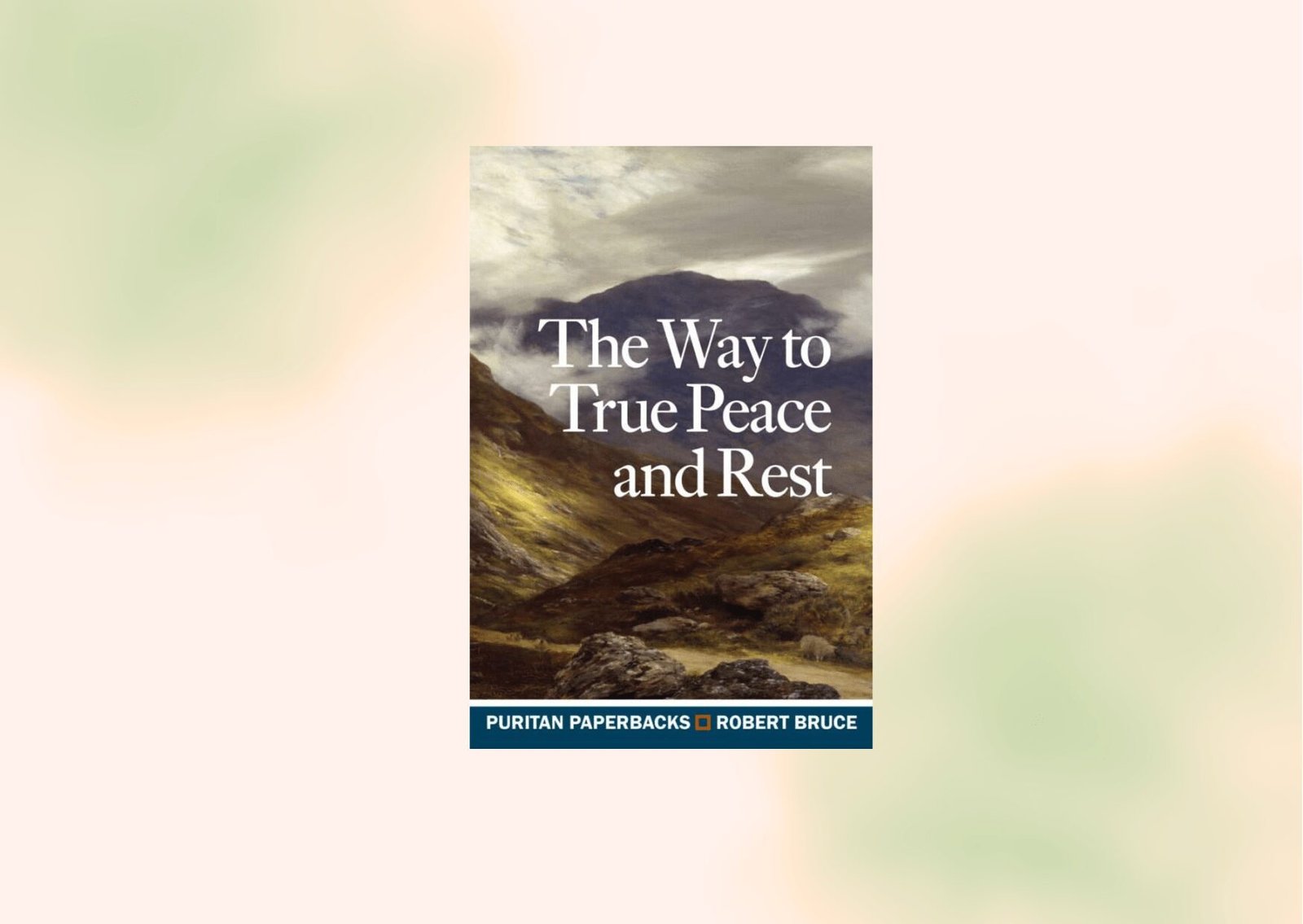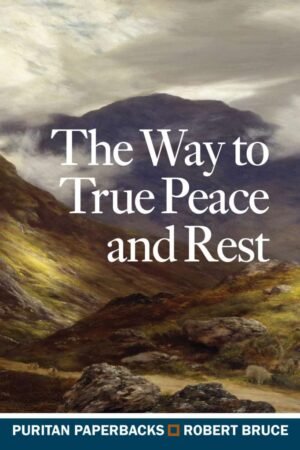Introduction
Freedom is a universally cherished concept, and within the realm of Christianity, it holds a profound significance. Samuel Bolton’s book summary, “The True Bounds of Christian Freedom,” provides a thought-provoking exploration of the limits, applications, and essence of freedom within the context of faith. In this article, we embark on a captivating journey through Bolton’s work, delving into the intricate dynamics of Christian freedom. Let us unlock the depths of this enlightening summary together and gain valuable insights into the true bounds of Christian freedom.
Unveiling the Essence: Understanding True Peace and Rest
In this section, we delve into the core concepts presented in Robert Bruce’s book summary. By grasping these key insights, you’ll uncover the secrets to attaining genuine peace and rest.
Embracing Impermanence: The Art of Letting Go
One of the fundamental principles highlighted in the book summary is the importance of embracing impermanence. Bruce asserts that true peace can only be found when we release our attachments to the fleeting nature of life. By cultivating a mindset that embraces change, we learn to let go of expectations and find solace in the present moment..
The Power of Authentic Acceptance
Another profound concept explored in the book summary is the power of authentic acceptance. Bruce emphasizes the significance of accepting oneself and others as they are, without judgment or resistance. Through this practice, we can transcend conflicts and forge genuine connections, leading to a profound sense of inner peace..
Finding Stillness Within: The Practice of Meditation
Meditation serves as a transformative tool on the path to true peace and rest, as highlighted by Bruce. Through regular meditation, we learn to quiet the mind, observe our thoughts without attachment, and cultivate a sense of inner stillness. This practice enables us to navigate life’s challenges with greater clarity and equanimity.
FAQs
As readers explore Robert Bruce’s book summary, they often encounter common questions and concerns. Let’s address some of these frequently asked questions to provide clarity and deeper understanding.
- Can true peace and rest be achieved in the midst of a chaotic life?
Absolutely! Bruce’s book summary emphasizes that true peace and rest are not dependent on external circumstances. By cultivating a peaceful state of mind and adopting transformative practices, individuals can find tranquility even in the midst of chaos.
- Is meditation the only way to attain inner peace?
While meditation is an invaluable practice, it is not the sole path to inner peace. The book summary offers a range of techniques and insights that can be applied to various aspects of life. From embracing impermanence to practicing self-acceptance, there are multiple avenues to explore on the journey toward tranquility.
- How long does it take to experience the benefits outlined in the book summary?
The timeframe for experiencing the benefits outlined in the book summary varies for each individual. It is essential to approach the process with patience and dedication. Consistency in practicing the teachings and maintaining an open mind are key factors in realizing the transformative power of the concepts presented.
Conclusion
In conclusion, Robert Bruce’s book summary, “The Way to True Peace and Rest,” invites readers on a transformative journey toward inner tranquility. By embracing impermanence, practicing authentic acceptance, and exploring meditation, individuals can navigate life’s challenges with grace and find solace in the present moment.
Remember, true peace and rest are not elusive dreams but attainable states of being. Through the wisdom shared in the book summary, readers are empowered to nurture their well-being and cultivate a profound sense of peace and rest.
"True peace does not depend on external circumstances but arises from the depths of one's being."
"Authentic acceptance of ourselves and others opens the door to deep connection and inner tranquility."
"Meditation is a practice that unveils the stillness within, bringing clarity and calmness to our minds."
"Self-care is not selfish; it is a vital component of maintaining inner balance and well-being."
"Gratitude is a transformative practice that shifts our perspective and invites peace into our lives."
The Way to True Peace and Rest
It was said of Robert Bruce that ‘no man in his time spake with such…




